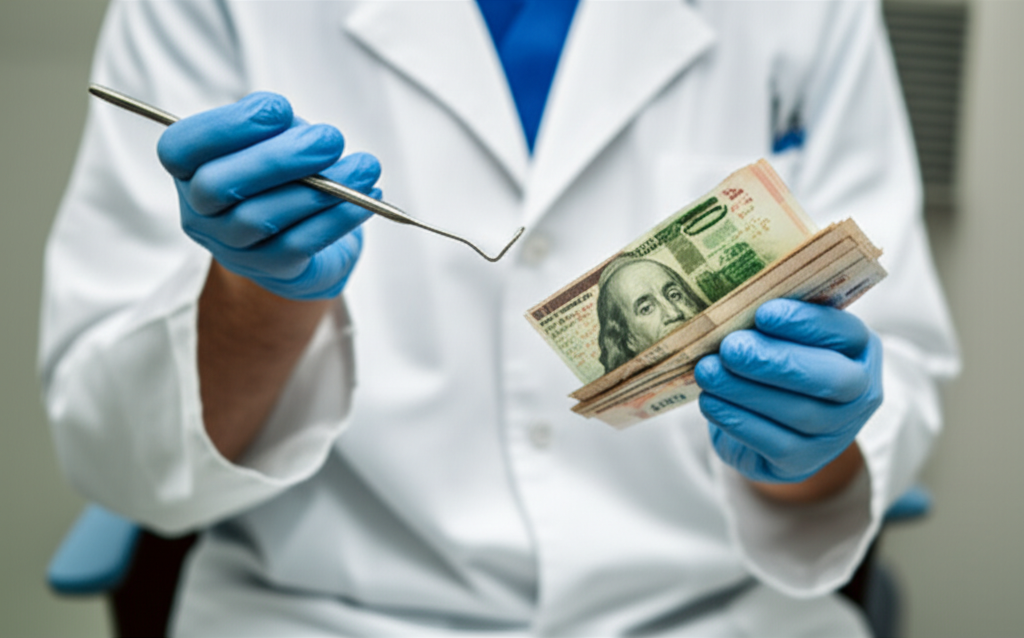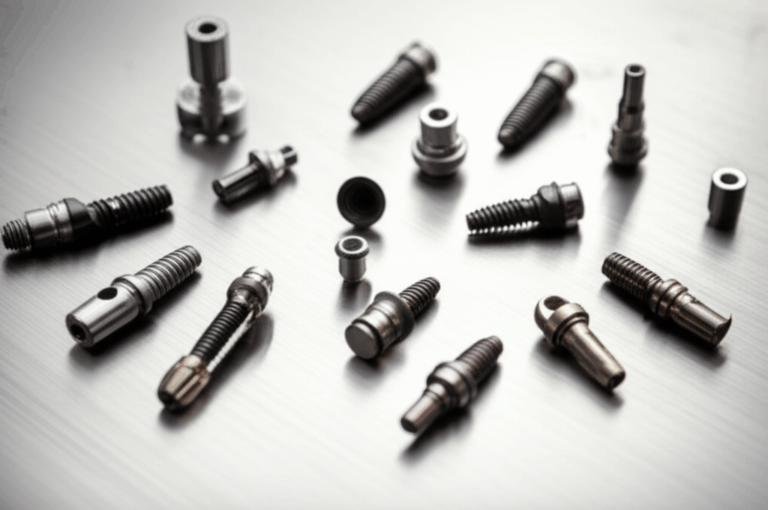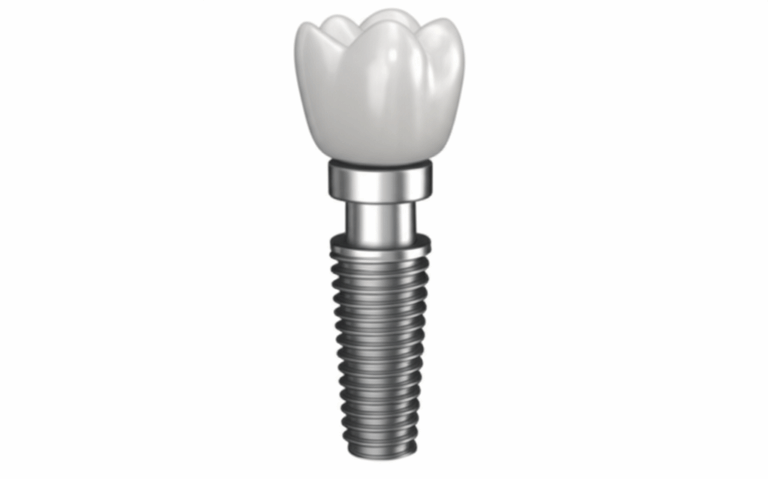
How Much Do Dentists Make in Ireland? Your Complete 2024 Salary Guide
Wondering if becoming a dentist in Ireland is a good idea? Or maybe you want to know if moving to Ireland as a dentist makes sense. In this article, I’ll break down what dentists really earn, why some make more than others, and what you can expect at each stage of your job. By the end, you’ll know if dentistry in Ireland really pays off—and how you might get your own pay higher.
Table of Contents
Why Should You Care About Dentist Salaries in Ireland?
Let’s be real: how much you make matters. Whether you’re a student, a parent thinking about the future, or a dentist thinking about working in Ireland, money is a big deal.
Here’s why you should care:
- Dentistry is a long path. It can take years of school and a lot of work to qualify. You want to know if it’s worth it.
- Living in Ireland costs a lot. Rent and daily living in places like Dublin can eat up most of your paycheck.
- Making smart moves. Knowing what affects your salary helps you make choices—about what to study, where to work, or if owning a clinic is better.
I talked with my friend Sean. He finished dental school at Trinity College Dublin and was worried about his first job offer. Was the pay enough? Would he regret all those years of study? If you have these worries, you’re not alone.
What’s the Average Dentist Salary in Ireland?
Here’s the number most people want: What do dentists in Ireland really make?
| Dentist Type | Average Yearly Salary (Gross, €) | Notes |
|---|---|---|
| General Dentist | 70,000 – 120,000 | Mix of public/private; does not include money made as business profit |
| New Graduate | 40,000 – 65,000 | Just starting out |
| Mid-career (3-7 years) | 65,000 – 95,000 | More skills, bigger patient list |
| Experienced (8+ years) | 95,000 – 150,000+ | Often includes some owning or special work |
| Private Practice Owner | 150,000 – 300,000+ | Big range; depends on how well the clinic does |
| HSE Public Dentist | 55,000 – 90,000 | Stable, includes extra benefits |
(Sources: Irish Dental Association, job ads, recruiters, 2024 info)
But don’t stop here—there’s more to think about. Gross income is what you make before taxes and costs. Net income (what you keep) can be very different, especially if you have a lot of clinic expenses. And the “average” hides big differences between starting out and getting to the top.
Which Factors Affect How Much a Dentist Makes?
Dentist pay in Ireland isn’t the same for everyone. Your pay depends on lots of things—some you control, some you don’t.
Here’s what changes your pay:
Experience
Start as a new dentist and you’ll earn less. But each year you add, your skills and reputation get better. Older dentists with loyal patients see their pay go up.
Specialization
Are you just cleaning teeth, or doing advanced braces or surgery? Specialists like oral surgeons and orthodontists make much more. It means extra learning, but you’ll likely earn more.
Location
Dublin dentists can earn 10–20% more than those in small towns. Why? City prices are higher and there are more people. But, living costs are higher too.
Type of Practice
Work in public health (the HSE)? You get a set salary and solid benefits. In private clinics, pay is tied to how many patients you see and what you do for them. Clinic owners make the most—but with more stress.
Sector (Public vs Private)
Private clinics have higher risks but can pay more. Public jobs have pay that’s steady and reliable. If you want to read more about public vs private pay, check out this dental industry salaries Ireland overview.
Practice Ownership
Running your own clinic is a big step. Profits can be high if your clinic does well, but you have all the work.
Working Hours and Patient Volume
Work part-time or don’t see many patients? Don’t expect to make the top pay. Some dentists choose to work less for a better balance.
So, simple answer: The more you learn, stay busy, and get good at business, the higher your pay can be.
How Do Dentist Salaries Change With Experience?
Here’s a story: When my cousin Aoife finished dental school at University College Cork, her pay looked pretty low compared to older dentists. But after a few years, things changed a lot.
Starting Salary (Graduate Dentist)
- €40,000 – €65,000 a year
- Usually work as helpers in private clinics or first-time HSE jobs
- Mostly do basic work and learn as you go
Mid-Career (3–7 Years)
- €65,000 – €95,000
- Now you get a steady patient list and more confidence
- More say in your job, maybe teaching newer dentists
Senior/Experienced Dentists (8+ Years)
- €95,000 – €150,000+
- Take on harder problems and have regular patients
- Often, experienced dentists become partners or owners, getting more money from the business
It’s a steep climb, but every level up means new benefits. And if you pick a specialty, you could move up even faster!
Is Public or Private Practice Better For Pay?
Dentists in Ireland often have to choose between public health (the HSE) or private practice—and your choice has a big effect on your pay and daily life.
The Public Health (HSE) Path
What you get:
- Salary starts near €55,000 for new dentists, going up to about €90,000
- Very stable; includes sick pay, lots of time off, and a strong pension
- Clear pay steps, so you slowly earn more
But:
- Max pay is set by the job level
- Not much room for side work or big raises
- Some say the work can be heavy, less freedom
Private Practice (Associate or Owner)
Private dentists can make more.
- Associates may keep 40–50% of what they earn, after costs
- Best associates make €120,000+ if very busy
- Clinic owners can make up to €300,000—but have more costs, stress, and have to run the business
If you like steady, routine work, public jobs might be for you. If you want bigger pay and don’t mind running a business, private practice is the way.
(Want to know more about making a clinic work? Read the guide to dental practice profitability in Ireland.)
Do Specialist Dentists Make More?
Is it worth the extra school to specialize? In Ireland, the answer is usually yes!
Orthodontists
- €150,000 – €250,000+
- Focus on straightening teeth; high pay and steady demand
Oral Surgeons
- €140,000 – €250,000+
- Do tough dental surgeries; work both in hospitals and clinics
Endodontists & Periodontists
- €110,000 – €200,000+
- Endo: Root treatments and work inside teeth
- Perio: Gum care and deep cleaning
Pediatric Dentists
- €100,000 – €160,000+
- Work with kids’ dental care; always needed
Specialists often split time between public hospitals and private clinics. It takes extra time (and cost), but pay can double compared to regular dentists.
Thinking about a specialty? Look up what’s needed at Dental Council of Ireland and talk to dentists who already do it.
How Important Is Where You Work?
Not all places in Ireland pay the same. Where you work matters a lot!
Dublin and Other Big Cities
- Usually pay 10–20% more
- More people, higher costs, more patients
- Big competition; may need more advertising
Rural and Small Towns
- Pay might be 10–15% lower than Dublin
- Fewer dentists, closer community
- Some towns offer bonuses to get dentists to move there
What About Cost of Living?
In Dublin, living is expensive. Rent, travel, and food cost more. In the countryside, your money goes further even if your pay is lower.
Example: My friend Mark left Galway city to work in a small town. His pay dropped a bit but his costs got much lower.
(Interested in how modern tech helps clinics? Here’s a closer look at digital dental lab solutions for modern practices.)
What Other Benefits Do Dentists Get?
Pay is just one part of the deal. Dentists in Ireland—especially in public jobs—can get good extra perks.
Public Health (HSE):
- Guaranteed pension: Steady money when you retire
- Annual leave: Plenty of vacation every year
- Sick pay
- Maternity/paternity leave
Private Practice:
- Sometimes private health insurance
- Some clinic owners make their own pension plans
- You pick your hours; part-time or flexible work possible
- If you own the clinic, some expenses are tax write-offs
Continuing Professional Development (CPD):
You’ll need new training every so often. The best clinics pay for you to keep learning, so you can keep up with new skills.
Work-Life Balance:
Many say public jobs offer more balance. In private clinics, working long hours pays more—but means more stress too.
You need to decide what matters more: higher pay, safety, or more free time.
Can You Boost Your Dentist Salary?
It’s easy to feel stuck at the start. But there are ways to grow your pay as you get better.
Ways Dentists Get Paid More:
(Curious about dental tech? See inside a 3d dental lab changing modern dentistry.)
Is Dentistry Really Worth It in Ireland?
Now, let’s put it all together.
The Problem
You might wonder: Is it worth all the debt, years of study, and stress?
Many new dentists feel unsure about their financial future in Ireland. The cost of living keeps going up and there are stories about doctors leaving for better pay.
Agitate
I’ve seen new grads looking at their first paycheck, wondering how to pay rent and bills. I’ve met parents worried if dentistry is still a good job for their kids. I’ve seen experienced dentists worried about spending money on a new clinic.
Solution
But the truth is, dentistry in Ireland still gives good pay, respected work, and many ways to get ahead. If you match your skills to the right area, keep learning, and plan your business, you can still live well—and things might only get better as more people need dentists.
For all the stress, I’ve met few dentists who said they’d quit. You help people smile, you make real friendships, and with smart moves, you build wealth too.
FAQs About Dentist Salaries in Ireland
Q: How does dentist pay in Ireland compare to the UK?
A: Dentists in Ireland sometimes make a bit more, especially after thinking about how much living costs. But taxes and costs change, so check for the newest info.
Q: Can new dentists open their own clinic right away?
A: Not often. Most start as helpers to learn, save money, and pick up basic business skills. Owning a clinic comes later for most.
Q: Are there jobs in small towns?
A: Yes! Some towns really need dentists and sometimes give bonuses or help to set up a clinic. Demand can be strong since there’s less competition.
Q: How do business costs change a dentist’s pay?
A: Clinic owners have to pay rent, staff, and supplies. Real (net) pay is what’s left after these bills, not just the top number.
Q: Where can I learn more about dentist jobs and pay in Ireland?
A: Try the Irish Dental Association, dental job sites, or pay comparison sites for the newest details.
Key Takeaways
- Dentist pay in Ireland goes from €40,000 for a new dentist to over €300,000 for successful owners or specialists.
- Experience, specialty, location, and job type all change your pay.
- Public dentists (HSE) get steady pay, good pensions, and time off, but have a max pay limit.
- Private dentists often earn more but take bigger risks and need to get their own patients.
- Specialists like orthodontists or oral surgeons usually make six-figure pay.
- City living costs are high but so are fees; country clinics can offer a good life with less stress.
- Smart moves in school and business make a big change in what you earn.
The road to top dentist pay takes time, work, and good choices—but with Ireland’s need for dental care, the way is still open for new and older dentists.
Want to learn more about dental materials and lab work? Check out how top clinics work with a trusted china dental lab, see what’s new in removable denture lab for flexible patient care, and get tips for handling dental problems in daily work.
References:
- Irish Dental Association Pay Reports
- HSE Public Job Salary Info
- Glassdoor & Indeed Data
- Dental Council of Ireland Rules
- Dental School Programmes








